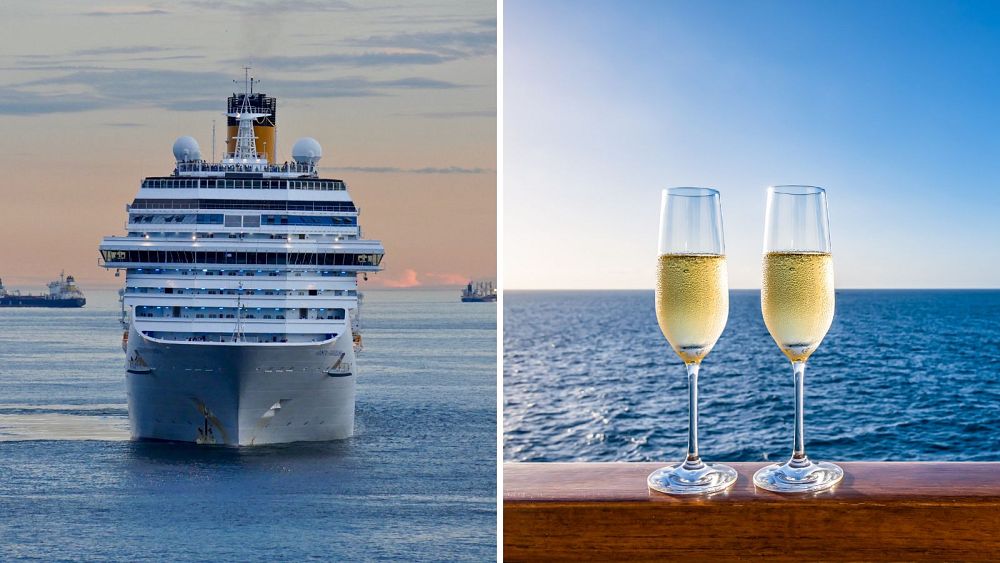A cruise ship holiday is the height of luxury; a time to sit back and have all your needs and travel yearnings met on one giant vessel.
So passengers on Norwegian Cruise Line’s Spanish trips have been outraged to find that their all-inclusive package contains a catch.
Guests who have paid hundreds of euros for NCL’s ‘Free at Sea’ offer - which covers limitless drinks and WiFi - are now discovering that they will have to pay tax on the drinks while in Spain.
Why does the all-inclusive drinks package come with a drink cost?
Spain charges 10 per cent in VAT on food and drink consumed on land - and, it turns out, water.
So NCL is essentially passing that cost onto passengers, following a policy change in spring 2023.
“We were advised with the beginning of our Europe season earlier this year that guests will be charged additional VAT on certain sailings,” a spokesperson for NCL told UK news site The Independent, which has heard exclusively from disgruntled passengers.
The VAT charge applies to those beginning their voyages at ports in Spain or sailing through Spanish territorial waters. Every drink incurs the 10 per cent in VAT charge.
For Stephen Donoghue of Newcastle, who has just set sail from Bilbao on NCL with his wife, that’s unacceptable. He described it to The Independent as “the latest attempt to extract more money from me by effectively making me pay twice for the same thing”.
A key complaint from passengers is that the policy was only made clear to them after they had bought their packages.
The package typically costs £20 (€23) per person per day, with the 'Free at Sea' upgrade setting Mr Donoghue and his wife back £249 (€287) each for the duration of their voyage.
“Unless otherwise specified at the time of booking, fares do not include charges imposed by local authorities whilst in port or within territorial waters on goods and services provided on board ship,” the cruise line’s terms and conditions read.
Are cruise ships welcome in Spain?
It has been rough sailing for cruise ships in Spain recently.
As a hugely popular cruise destination, Spanish cities like Barcelona are reappraising their relationship with the enormous vessels; weighing up their benefits against the environmental and social costs.
Barcelona is Europe’s most polluted cruise ship port, according to recent study from Transport & Environment.
To combat exhaust gases and overtourism, the city is banning ships from its northern docks from 22 October this year.
Ships will then be directed to dock further outside the city, meaning passengers will no longer be able to disembark and walk straight to the city’s central street of La Rambla.
Fewer rambling tourists is no bad thing for city residents, who have complained that cruise travellers simply add to crowds rather than contributing to the local economy.


